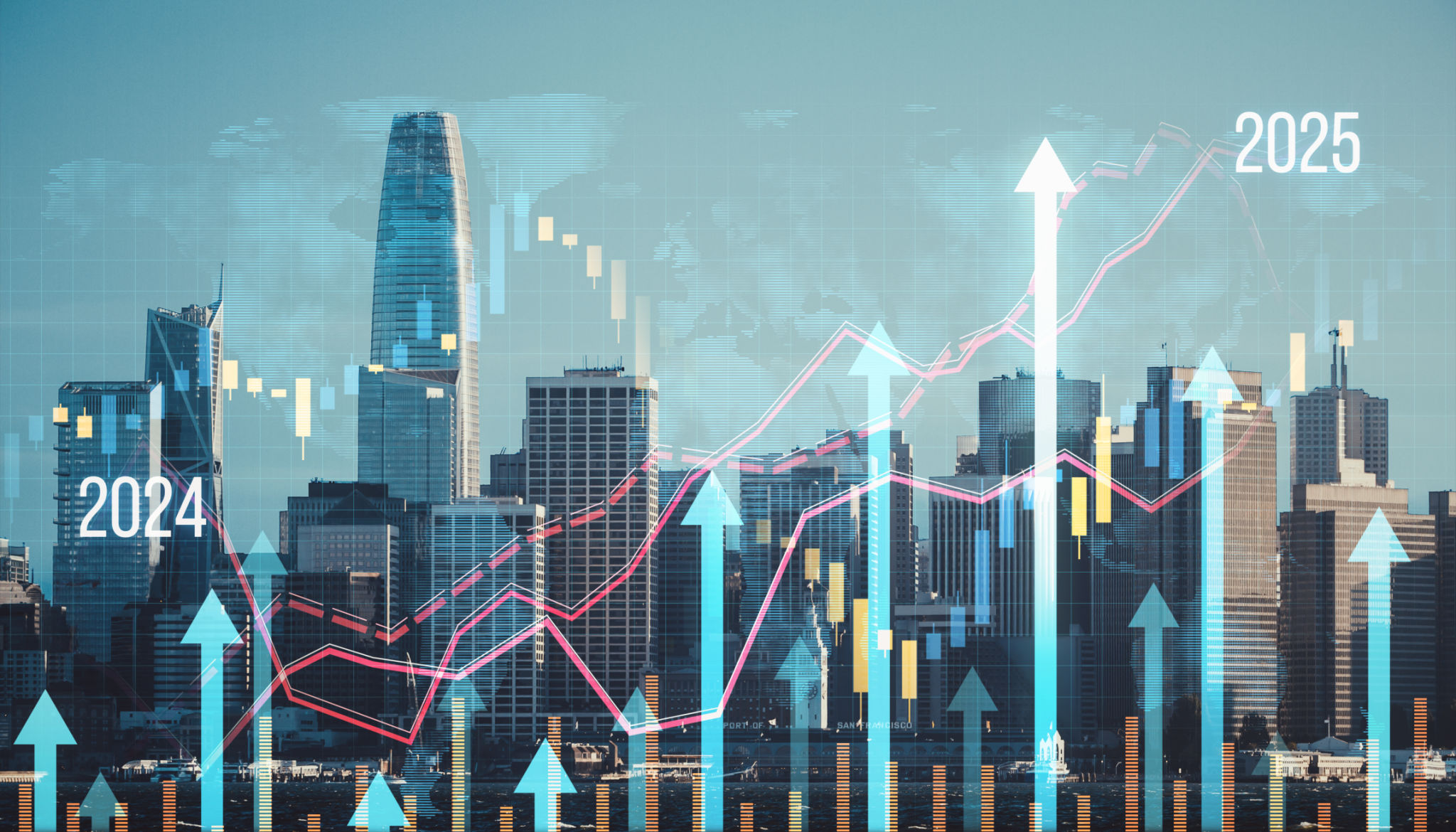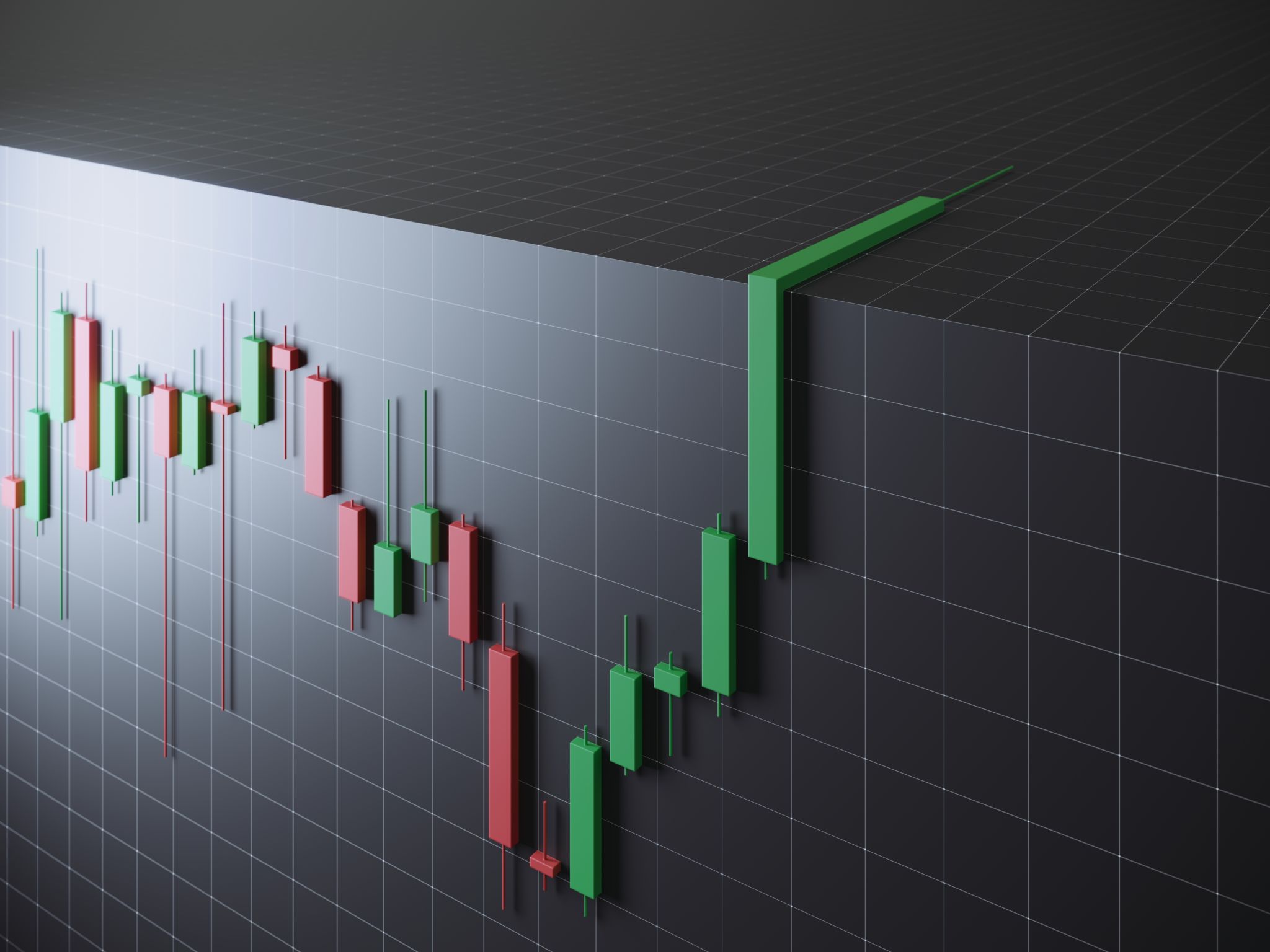How to Start Forex Trading: A Beginner's Guide
Understanding the Basics of Forex Trading
Forex trading, or foreign exchange trading, involves buying and selling currencies to profit from fluctuations in exchange rates. It is the largest financial market in the world, with a daily trading volume exceeding $6 trillion. For beginners, stepping into this market can seem daunting, but with the right guidance, anyone can start trading like a pro.

What You Need to Start Forex Trading
Before you begin trading, it's essential to have a solid understanding of the basic concepts and tools required. Here's what you need:
- A Reliable Internet Connection: Since forex trading is primarily conducted online, a stable connection is crucial.
- A Trading Account: Open a trading account with a reputable forex broker to access the market.
- Trading Software: Most brokers provide trading platforms like MetaTrader 4 or 5 for executing trades.
- Capital: Determine how much money you are willing to invest, keeping in mind that forex trading involves risk.
Selecting the Right Broker
Choosing the right broker is a critical step in your forex trading journey. Look for brokers that are regulated by financial authorities to ensure safety and reliability. Consider factors like trading fees, customer support, and the ease of deposit and withdrawal processes. Researching reviews and testimonials from other traders can also provide valuable insights.

Developing a Trading Strategy
Successful forex trading requires a well-thought-out strategy. This involves determining your trading style, whether it be day trading, swing trading, or long-term investing. Set clear objectives and risk management rules to guide your trades, such as stop-loss and take-profit levels. A solid strategy helps minimize emotional decision-making and enhances profitability.
Learning Technical and Fundamental Analysis
Understanding how to analyze the market is crucial for making informed trading decisions. Technical analysis involves studying charts and indicators to predict future price movements. Fundamental analysis, on the other hand, looks at economic indicators and news events that could impact currency values. Both approaches have their merits, and combining them often yields the best results.

Practicing with a Demo Account
Before risking real money, it's wise to gain experience through a demo account. Most brokers offer this feature, allowing you to trade with virtual funds while getting accustomed to the market dynamics and refining your strategy. This practice can help build confidence and improve your skills without financial risk.
Staying Updated and Continuous Learning
The forex market is constantly evolving, influenced by global economic events and trends. Staying updated with market news and continuously enhancing your knowledge through courses, webinars, and forums can significantly improve your trading outcomes. Remember that successful traders never stop learning.
Managing Your Emotions
Emotions can play a significant role in trading decisions. Fear and greed are common feelings that can lead to impulsive actions. Developing a disciplined mindset and sticking to your strategy is crucial for long-term success. Practicing mindfulness techniques can help maintain emotional balance during volatile market conditions.

Conclusion: Starting Your Forex Trading Journey
Forex trading offers exciting opportunities for those willing to invest time in learning and developing their skills. By understanding the basics, choosing the right broker, developing a strategy, and continuously educating yourself, you can embark on a successful trading journey. Remember that patience and perseverance are key attributes of successful traders.